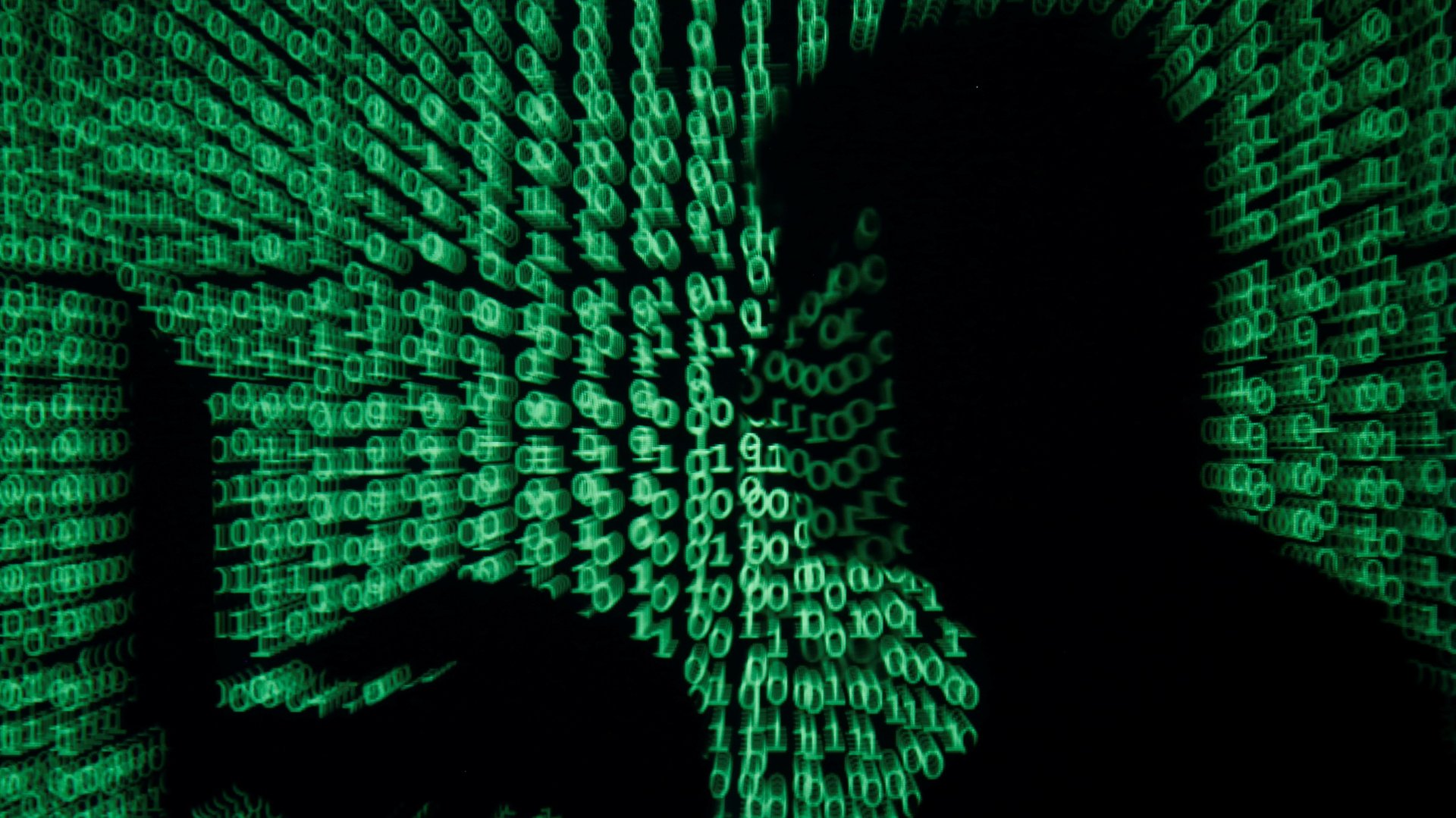Chinese Internet users are spooked by alleged government data breach
Internet users in China are expressing shock and concern over an alleged data leak involving the personal information of 1 billion citizens, a reminder of the huge risks that come with the country’s surveillance state.


Internet users in China are expressing shock and concern over an alleged data leak involving the personal information of 1 billion citizens, a reminder of the huge risks that come with the country’s surveillance state.
Last week, an anonymous user of an online cybercrime forum offered to sell more than 23 terabytes of data for 10 bitcoin, which are worth around $200,000 based on the coin’s current price, according to Reuters. The hacker, identified as “ChinaDan,” claimed the information was obtained by breaching the Shanghai police’s database. The data includes citizens’ names, addresses, birthplaces, and mobile numbers, among other information, according to the hacker.
While the Chinese government has stayed mum on the issue, influential online figures have chimed in. Zhao Changpeng, founder and CEO of cryptocurrency exchange Binance, tweeted on Monday (July 4) that his company detected a leak of 1 billion citizens’ information from an Asian country.
Censorship hasn’t stopped discussions of the leak online
Discussions about the data leak, meanwhile, are being censored within China. Searches for hashtags related to the issue including #1billioncitizensdataleak, #Shanghaidataleak, and #Shanghainationalpolicedatabase returned zero results on China’s largest social media Weibo, while the news was not featured in major Chinese news websites on Tuesday.
But that hasn’t stopped many on the Chinese internet from commenting on the issue. Many users complained they got “weird overseas phone calls” which they suspect are related to the leak, while others reminded people the leaked data could be used for phone fraud—which already runs rampant in the country. People also complained about what they see as an excessive collection of individuals’ information by the government and internet companies. “I don’t know what people are surprised about…Even a property management company can collect residents’ facial information and force them to scan their faces,” said a Weibo user. “We have been running naked, for many years.”
China arguably has one of the world’s most complex and sweeping digital surveillance systems, consisting of hundreds of millions of spy cameras, phone trackers, and schemes to gather data including voice prints. But the technologies also mean authorities now have a vast amount of data at hand, which is both a resource to monitor and control people’s speech and a liability as data breaches become more common. Internet experts have been flagging alleged data leaks of some Chinese surveillance firms, whose data on citizens the experts said was not secured. But if true, the vast scale of the latest data leak would set a new milestone in the country’s information security vulnerabilities.